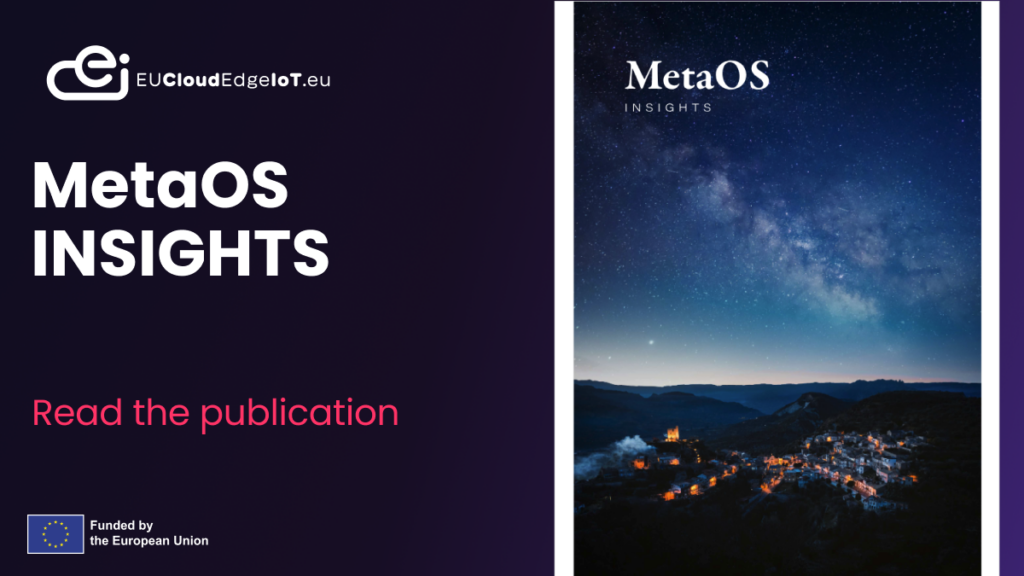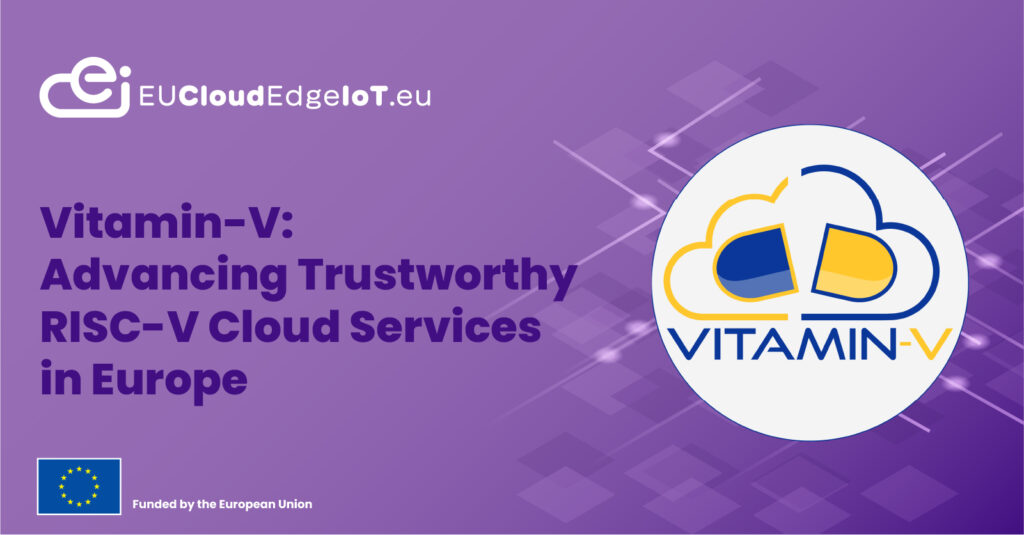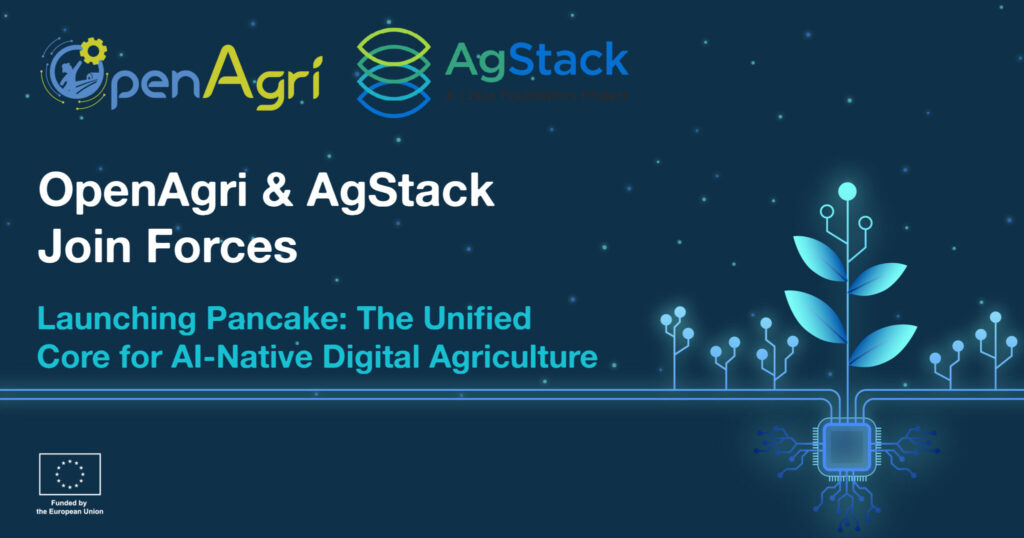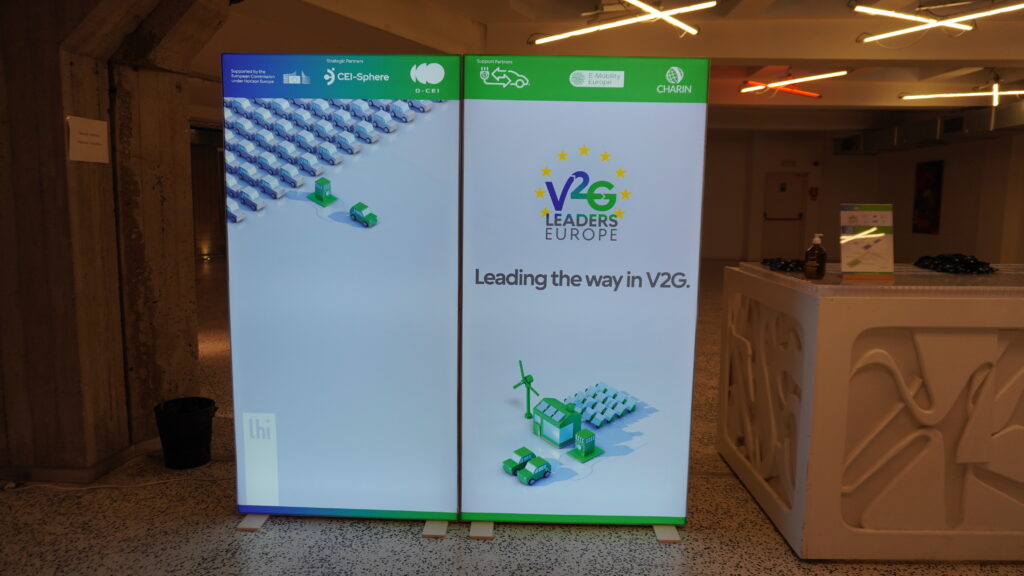On 26 and 27 November 2024, experts from all over Europe gathered both physically in Brussels and virtually on the occasion of the INSTAR and CEI-Sphere Workshop on Cross-Domain Standardisation and Architecture for IoT and Edge Computing, filling the two days with dynamic discussions, panels, and presentations that showcased the urgent need for international cooperation, interoperability, and new approaches to standardisation in a world whose pace is determined by IoT, cloud, and edge technologies.
The workshop opened with a focus on the evolving role of standardisation. In recent years, the geopolitical context has transformed standards from purely technical instruments to strategic tools for shaping global norms and values. The commitment of the European Commission to international cooperation in this field was evident, as the speakers pointed out the importance of partnerships to ensure that global standards converge with the EU’s values of openness, security, and privacy. Initiatives like StandICT.eu, Indico Global, and the Multi-Stakeholder Platform were highlighted as pivotal in fostering collaboration across continents, bridging regions such as Africa, Asia, and Latin America with Europe’s standardisation efforts.
What clearly emerged in this workshop, however, was the requirement for interoperability. In a world where data flows from edge to cloud and vice-versa, interoperability on all levels among devices, platforms and systems is central. Discussions underlined how timely and adaptable standards are essential for maintaining security, efficiency, and scalability. This was particularly relevant to the upcoming CEI pilots, which will serve as real-world testbeds for identifying gaps in current standards and driving their evolution.
Much of the workshop discussion centered around how to achieve trust and security in an interconnected ecosystem. As devices and services become so advanced, there is a growing need for them to be trusted in the handling of data—both securely and ethically. The conversation around trust labels highlighted the complexities involved—from defining methodologies to aligning the needs of suppliers and users. Nonetheless, there was a clear consensus that establishing frameworks for trust is crucial for user confidence and broader adoption of IoT solutions.
The energy sector emerged as a particularly fertile ground for cross-domain standardisation. Panels on energy smart appliances and demand-side flexibility illustrated how the convergence of IoT and energy technologies can revolutionise consumption patterns. Discussions pointed to the importance of creating devices that are not only optimised individually but can also smoothly integrate with other smart technologies, such as heat pumps and electric vehicle chargers. This level of orchestration is vital to achieving a sustainable, efficient energy future. The emphasis on future-proofing smart devices underscored the need for long-term compatibility and adaptability, ensuring innovations today remain relevant tomorrow.
Throughout the workshop, participants often returned to the theme of collaboration. Whether it was between sectors, nations, or standardisation bodies and open-source communities, the message was clear: successful standardisation requires collective effort. Initiatives that bridge the gap between open standards and open-source projects were highlighted as effective means to drive adoption and avoid market fragmentation. The role of real-world pilots and large-scale testing was also underscored as essential for validating standards and ensuring they meet practical needs.
The second day of the workshop delved into strategies for scaling standards from pilots to international practice. Large-scale projects like O-CEI showcased the power of collaboration among industry, academia, and SMEs. These pilots, spanning domains such as energy distribution, smart agriculture, and EV charging, demonstrated how cross-sector approaches can maximise innovation and scalability.
As the workshop drew to a close, it was clear that the quest for strong, flexible, and widely acceptable standards is as complex as it is necessary. The workshop discussion emphasised that standardisation involves more than just technology; it involves how innovation aligns with society’s needs, the way industry has to be innovating, and a number of global challenges. This will require continued dialogue, pragmatic testing, and collaboration at an international level.
The INSTAR and CEI-Sphere Workshop thereby set the foundation for further developments over the next few years. Presenting collaboration, innovation, and a shared view on future developments, it sets an important step toward a world where IoT, cloud, and edge work for the benefit of all in general.
The workshop’s insights fed directly into the CEI-Sphere project’s kick-off meeting. Building on the official launch in October, the meeting brought together partners to delve deeper into the project’s roadmap for the next 2.5 years. The session focused on reviewing proposed approaches, defining key milestones, and refining strategies for large-scale pilots. With energy identified as a cross-sectoral domain for the first pilots launching in January, the CEI-Sphere project aims to leverage the insights gathered during the workshop to drive innovation and collaboration in standardisation efforts.
For further insights and updates, visit the official event page:




